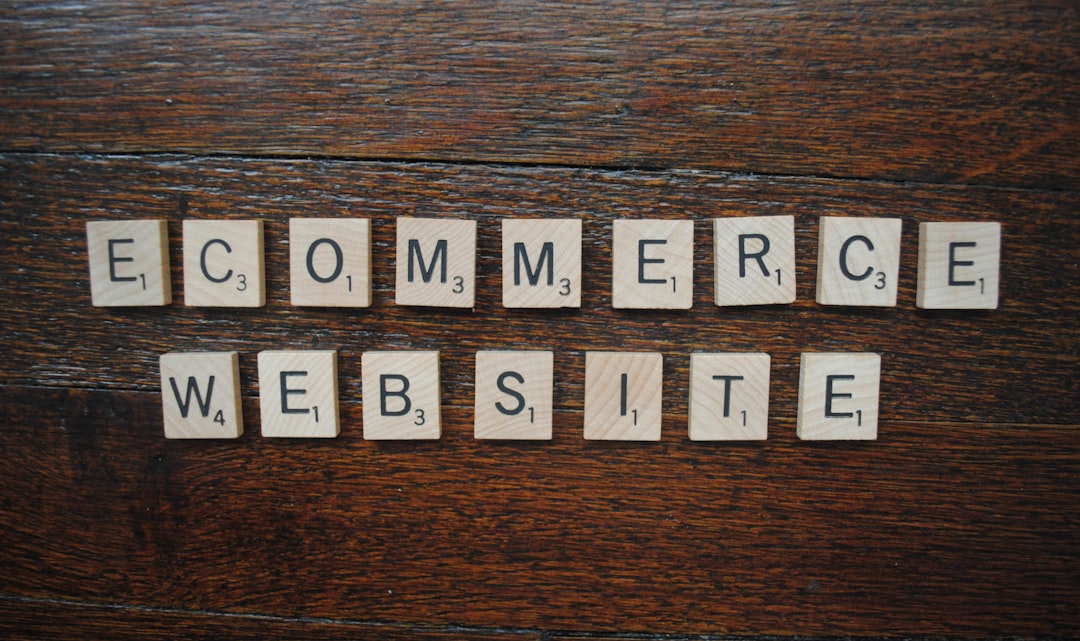Running a successful ecommerce business demands attention to many moving parts—from sourcing products and managing inventory to fulfilling orders and handling customer inquiries. For many online store owners, it’s easy to get entangled in daily operational tasks and lose sight of strategic activities like marketing and brand development. This is where ecommerce outsourcing comes in as a game-changing solution. By outsourcing logistics and fulfillment tasks to specialized providers, businesses can free up valuable time and resources—enabling them to focus sharply on marketing initiatives and growth strategies.
The Core Idea Behind Ecommerce Outsourcing
At its heart, ecommerce outsourcing involves delegating operational responsibilities such as warehousing, order picking and packing, shipping, handling returns, and managing inventory to specialized third-party fulfillment companies. These providers often have years of experience, dedicated infrastructure, and sophisticated technology systems that enable them to perform these tasks with greater consistency and efficiency.
By outsourcing these functions, businesses can improve their overall performance and customer satisfaction while dramatically reducing overhead costs. More importantly, it allows entrepreneurs and marketing teams to focus their energy where it really counts—on building brand awareness, increasing conversions, and driving customer loyalty.
Why Marketing Matters More Than Ever
In the crowded and competitive world of ecommerce, effective marketing is what separates a thriving store from a struggling one. With consumers exposed to thousands of brands online, merely having a good product is no longer enough. Strategic marketing is essential to stay top of mind and turn interest into sales.
Marketing functions that require consistent effort and innovation include:
- Search Engine Optimization (SEO): Ensuring your site ranks high on Google and other search engines
- Content Marketing: Creating blogs, videos, and other assets that build trust and authority
- Social Media Management: Engaging with audiences and promoting brand values through platforms like Instagram, Facebook, or TikTok
- Email Marketing: Nurturing leads and retaining customers through well-timed, segmented emails
- Paid Advertising: Running PPC campaigns to drive targeted traffic and conversions
Each of these areas is not only vital to success but also highly time-consuming. With ecommerce outsourcing, business owners can redirect their time and workforce to these strategic areas without compromising on logistics performance.
The Benefits of Outsourcing Fulfillment
Partnering with a professional fulfillment company provides a wide array of advantages. Below are some of the most compelling reasons why businesses opt for this route:
1. Scalability Without Hassles
As order volume increases, so does the complexity of logistics. Outsourcing fulfillment gives ecommerce entrepreneurs the ability to scale quickly and smoothly without needing to invest in additional warehouse space, staff, or systems. The fulfillment provider absorbs these burdens, making operations more agile.
2. Faster, More Reliable Deliveries
Most fulfillment centers are strategically located and equipped with advanced inventory systems that ensure efficient order processing and faster shipping. Many offer same-day or next-day delivery options, which significantly enhances customer satisfaction.

3. Lower Operational Costs
Running an in-house fulfillment operation requires significant investments—infrastructure, labor, utilities, shipping supplies, software, and training. Outsourcing turns these fixed costs into variable expenses and provides better cost control, especially for smaller or growing ecommerce businesses.
4. Enhanced Customer Experience
Third-party fulfillment providers often come with value-added services like branded packaging, real-time tracking, and hassle-free returns. These features promote a positive customer experience and increase the likelihood of repeat purchases.
5. Better Focus on Core Business Areas
Most importantly, outsourcing fulfillment eliminates the need to micromanage storage, shipping, and delivery. This creates space for business owners to focus on core activities such as product development, customer engagement, and most crucially—marketing.
Outsourcing Lets You Build a Stronger Brand
Investing your attention back into marketing and brand-building can yield exponential returns over time. In a landscape where consumers value authenticity, story, and connection, having a well-articulated brand identity is a competitive advantage. When fulfillment is in expert hands, you get the freedom to:
- Cultivate a consistent brand narrative through sleek design, compelling messaging, and community-building campaigns
- Develop customer personas and run A/B tests for product promotions and ad creatives
- Expand to new channels like Amazon, Etsy, or mobile apps without spreading yourself too thin
- Track granular marketing metrics and evaluate ROI from different channels more closely
All these actions contribute to lasting customer relationships and sustainable growth—something that operational efficiency alone can’t guarantee.
Commonly Outsourced Ecommerce Services
Beyond logistics, many ecommerce brands are now outsourcing several other services that intersect with marketing:
- Customer Support: Dedicated call centers or chat support agencies offer 24/7 availability and multilingual capabilities.
- Product Photography and Descriptions: Experts who create visually appealing and SEO-optimized product listings.
- Email Marketing Management: Agencies specializing in automation, segmentation, and performance tracking can supercharge ROI.
- PPC Management: Experts who manage Google Ads and paid social so you can get the best value for every ad dollar.
By building an outsourced ecosystem managed by professionals in each domain, ecommerce entrepreneurs can build more effective operational and marketing systems that reinforce each other.
When Is the Right Time to Outsource?
Knowing when to outsource is just as important as knowing what to outsource. Here are some indicators that might suggest it’s time to consider a third-party fulfillment partner:
- You’re spending too much time managing orders and warehousing instead of growth strategies
- You’re seeing increased order volume but struggling to keep up with customer expectations
- Your marketing campaigns are stalling due to a lack of time or internal resources
- You’re preparing for seasonal spikes or planning to expand into new markets

Whether you’re running a startup or an established ecommerce store, outsourcing provides a cost-effective and scalable solution to streamline your supply chain and sharpen your marketing focus.
Choose the Right Fulfillment Partner
Success with ecommerce fulfillment outsourcing largely depends on finding the right partner. Here are some attributes to look for when evaluating fulfillment providers:
- Industry expertise: Experience working with businesses of your size and category
- Technology integration: A user-friendly dashboard and compatibility with your ecommerce platform (Shopify, WooCommerce, etc.)
- Transparent pricing: Clear contracts with predictable fees and no hidden charges
- Customer support: Availability and responsiveness when issues arise
- Service-level agreements (SLAs): Well-defined terms on shipping times and error resolution
A trustworthy fulfillment partner earns your business by delivering consistent performance, and in turn, gives you the freedom to pursue what you do best—building your brand and attracting customers.
Final Thoughts
In the ever-evolving world of ecommerce, focusing solely on marketing while trusting fulfillment experts to handle logistics gives you a strategic edge. As consumer expectations rise and competition grows fiercer, it becomes essential for business owners to delegate operational complexities. By outsourcing fulfillment, you not only reduce costs and improve shipping reliability but also reclaim the time needed to enhance your marketing, elevate your brand, and scale your business sustainably.
If your ecommerce venture feels stuck juggling too many backend tasks, it might be time to make a strategic pivot. Let fulfillment experts handle the heavy lifting, and take back control of your company’s vision, innovation, and customer experience.
